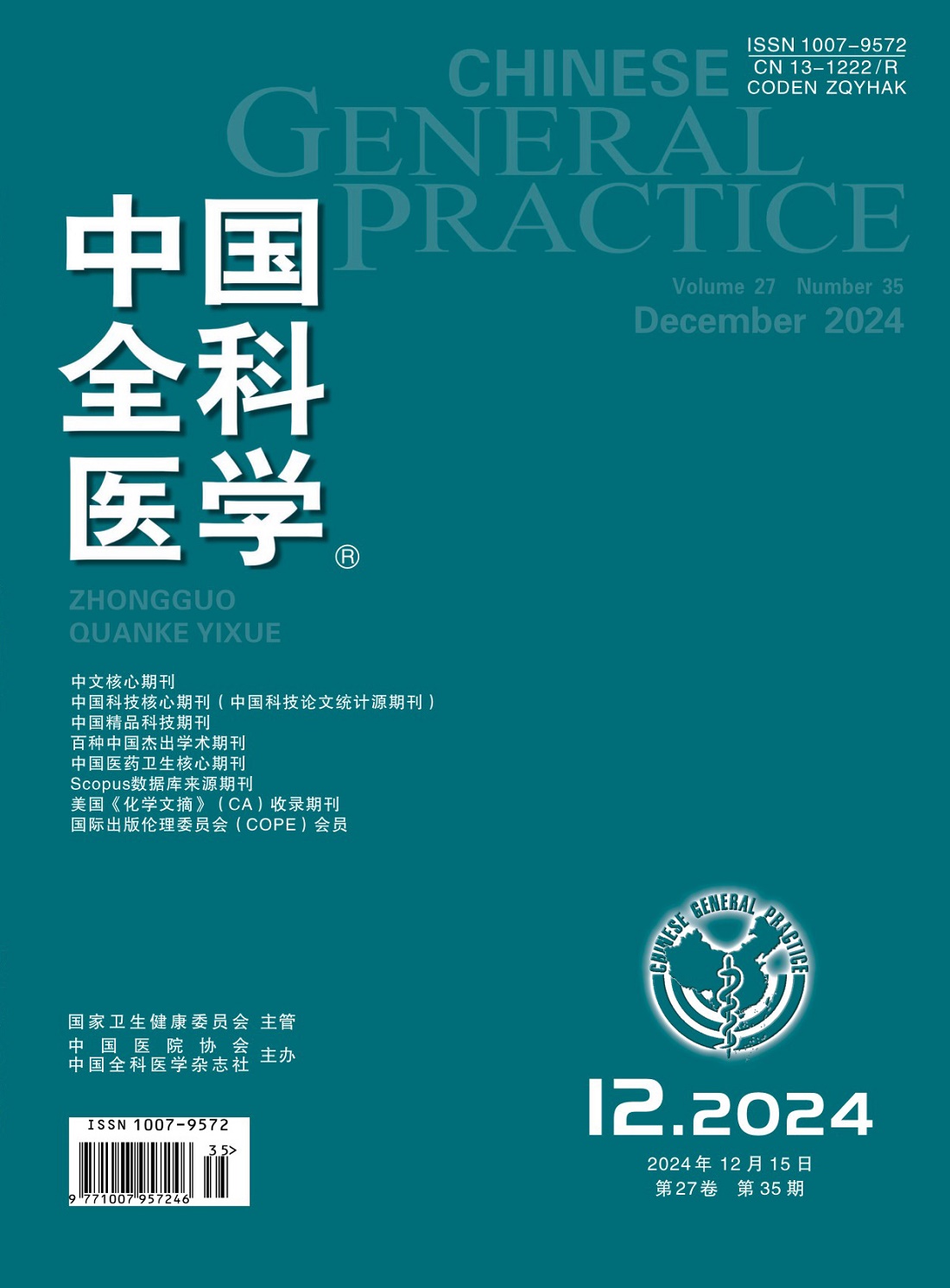家庭医生团队在突发公共卫生事件预防与管理中的困难与对策——基于价值链方法的研究
Q3 Medicine
引用次数: 0
摘要
背景:目前,家庭医生团队作为突发公共卫生事件的看门人,在管理突发公共卫生事件方面仍面临诸多障碍。然而,关于家庭医生团队在突发公共卫生事件预防和管理中的困难的研究很少。目的:探讨家庭医生团队在突发公共卫生事件预防管理中的难点,为确保家庭医生团队高效开展突发公共卫生事件预防管理工作提供理论依据和建议。方法:采用方便抽样的方法,抽取广州市25家基层医疗卫生机构一线医护人员,于2020年6月自行填写在线调查问卷,调查2020年2 - 6月该院基本公共卫生服务实施情况、基本医疗服务情况和突发公共卫生事件预防管理情况。对一些自愿接受采访的卫生保健工作者进行了采访。结果:问卷调查显示,2020年2月至6月,25家机构中,19家停止提供部分或全部基本公共卫生服务,6家没有能力和渠道将疑似或确诊病例转移到指定医院,24家实施了COVID-19大流行应急预案,10家开展了COVID-19相关健康教育。9个城市未建立传染病和突发公共卫生事件报告管理制度,10个城市未设立发热门诊,11个城市门诊全部正常运行。访谈的价值链分析表明,家庭医生团队在预防和管理突发公共卫生事件方面面临的困难包括:院内支持不足,医院之间或医院与其他机构之间沟通协作不到位,疫情监测预警效果不佳,疫情相关健康教育不足,居民基本医疗服务需求未得到满足,应急基础设施不足,公共卫生专业人员缺乏,各类信息系统建设存在差异,应急采购制度不健全。结论:要使社区成为预防和管理突发公共卫生事件的坚实堡垒,保障居民的健康安全,建议先解决基本医疗服务实施的障碍,再解决辅助服务实施中存在的问题。版权所有©2021中国全科医生。本文章由计算机程序翻译,如有差异,请以英文原文为准。
Difficulties and Solutions for the Family Doctor Team in Preventing and Managing Public Health Emergencies: a Study Using the Value Chain Approach
Background: Currently, the family doctor team still faces many obstacles in managing public health emergencies as the gatekeeper. However, there is little research on the difficulties of family doctor teams in the prevention and management of public health emergencies. Objective: To explore the difficulties of family doctor teams in the prevention and management of public health emergencies, providing a theoretical basis and recommendations on ensuring the highly efficient performance of family doctor teams in preventing and managing the emergencies. Methods: Convenience sampling was used to select frontline healthcare workers from 25 primary healthcare institutions of Guangzhou to complete an online survey using a self-administered questionnaire conducted in June 2020 for investigating the implementation of essential public health services, essential medical services and prevention and management of public health emergencies in their hospitals between February and June 2020. Interviews were conducted with some of the healthcare workers who volunteered to be interviewed. Results: According to the questionnaire survey, during February to June 2020, of the 25 institutions, 19 had halted the delivery of some or all essential public health services, 6 had no capacities and channels to transfer suspected or confirmed COVID-19 cases to designated COVID-19 hospitals, 24 had implemented the emergency response plan for the COVID-19 pandemic, 10 had offered COVID-19-related health education, 9 had not set up the infectious diseases and public health emergencies reporting and managing system, 10 had not established the fever clinic, and 11 had operated all the clinics as usual. Value chain analysis of the interviews indicated that difficulties faced by the family doctor team in preventing and managing public health emergencies were: insufficient in-hospital support, unsuccessful communication and collaboration between hospitals or between the hospital and other institutions, poor monitoring and early warning effect of the COVID-19 pandemic, insufficient COVID-19-related health education, residents' unmet needs of essential medical services, inadequate emergency response infrastructure, lack of public health professionals, discrepancy between the construction of various information systems, inappropriate emergency procurement system. Conclusion: To make the community a solid fortress for the prevention and management of public health emergencies to ensure residents' health and safety, the authors suggest that efforts shall be made to address the barriers to the implementation of essential medical services first, then to solve issues existing in the implementation of auxiliary services. Copyright © 2021 by the Chinese General Practice.
求助全文
通过发布文献求助,成功后即可免费获取论文全文。
去求助
来源期刊

中国全科医学
Medicine-Family Practice
CiteScore
0.70
自引率
0.00%
发文量
27733
期刊介绍:
Chinese General Practice, established in 1998 and approved by the National Press and Publication Administration, is governed by the National Health Commission and sponsored by the Chinese Hospital Association and the Publishing House of Journal of Chinese General Practice. The journal aims to promote the concept of "wellness," provide timely reporting of outcomes in general practice and clinical research, and facilitate the development of general practice and community health services in China. It also aims to disseminate general practice research globally and establish a platform for scientific research and academic exchange.
The target audience of the journal includes researchers, educational personnel, policy makers, managing staff, and professionals in general practice and community health services, as well as those in related specialties.
 求助内容:
求助内容: 应助结果提醒方式:
应助结果提醒方式:


